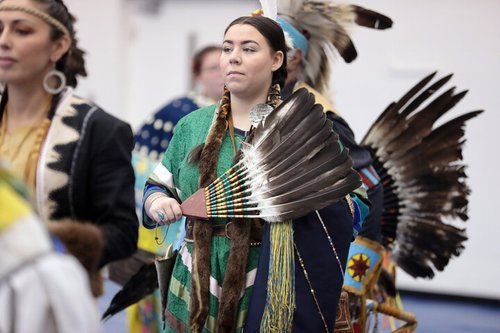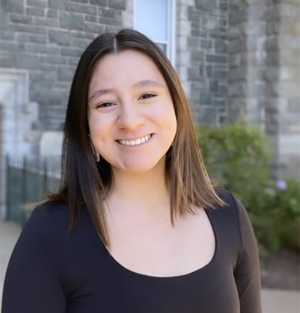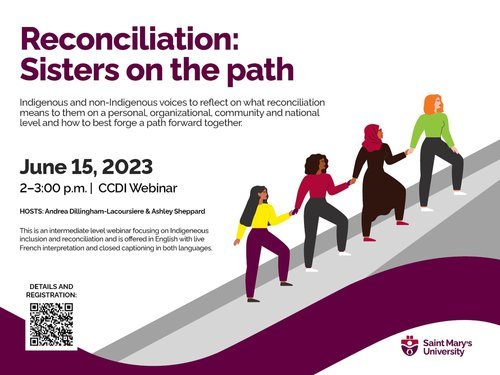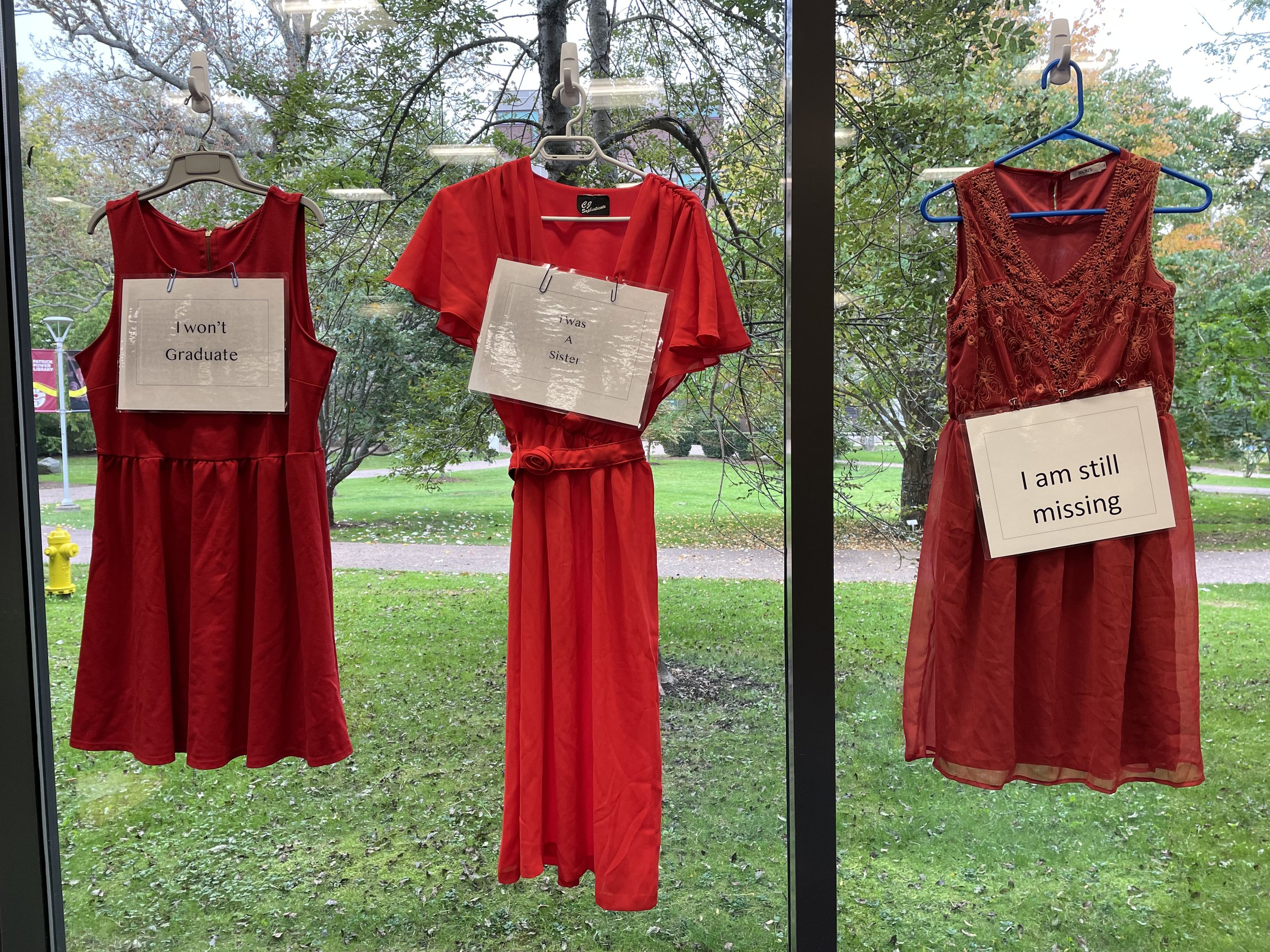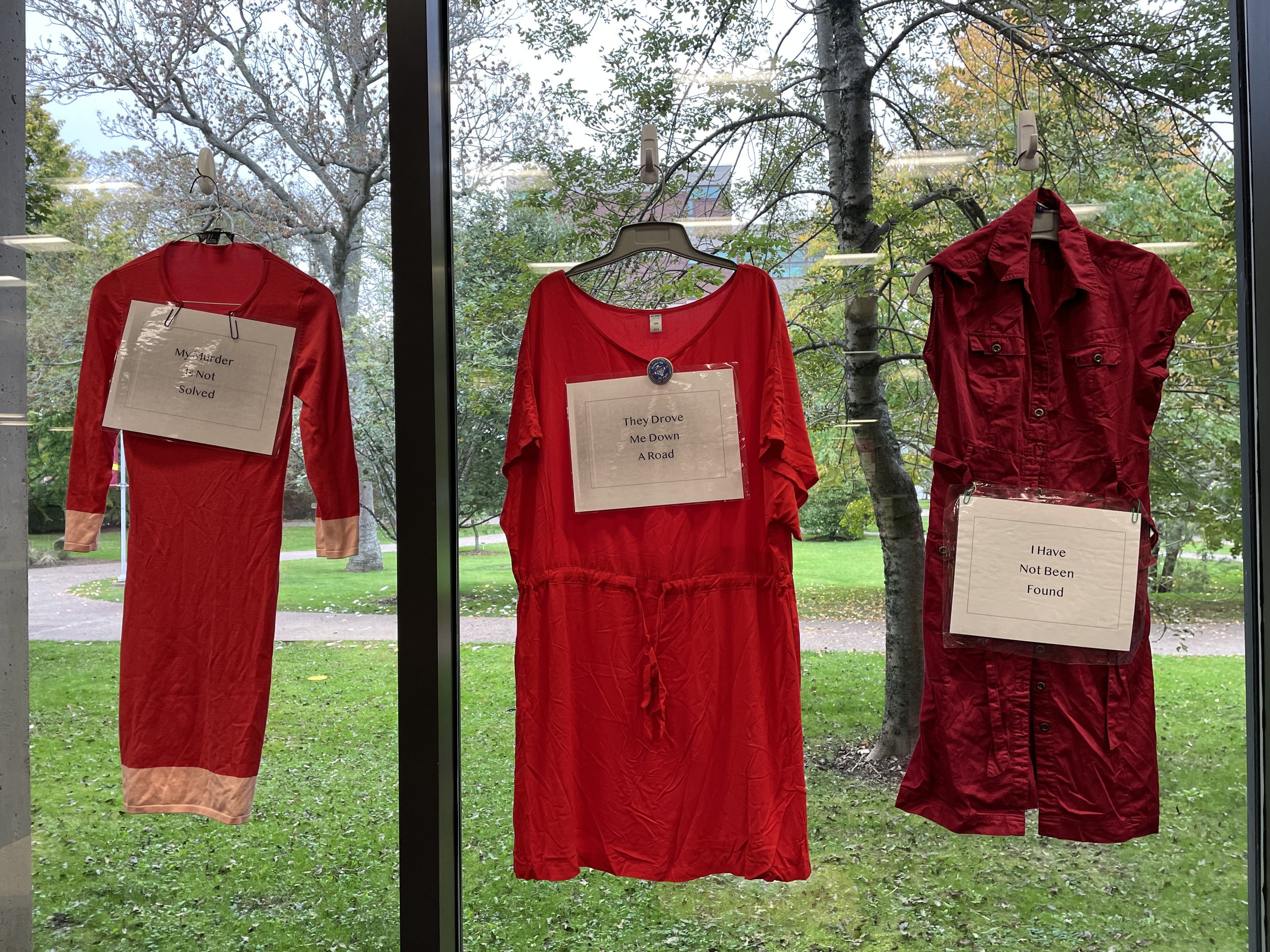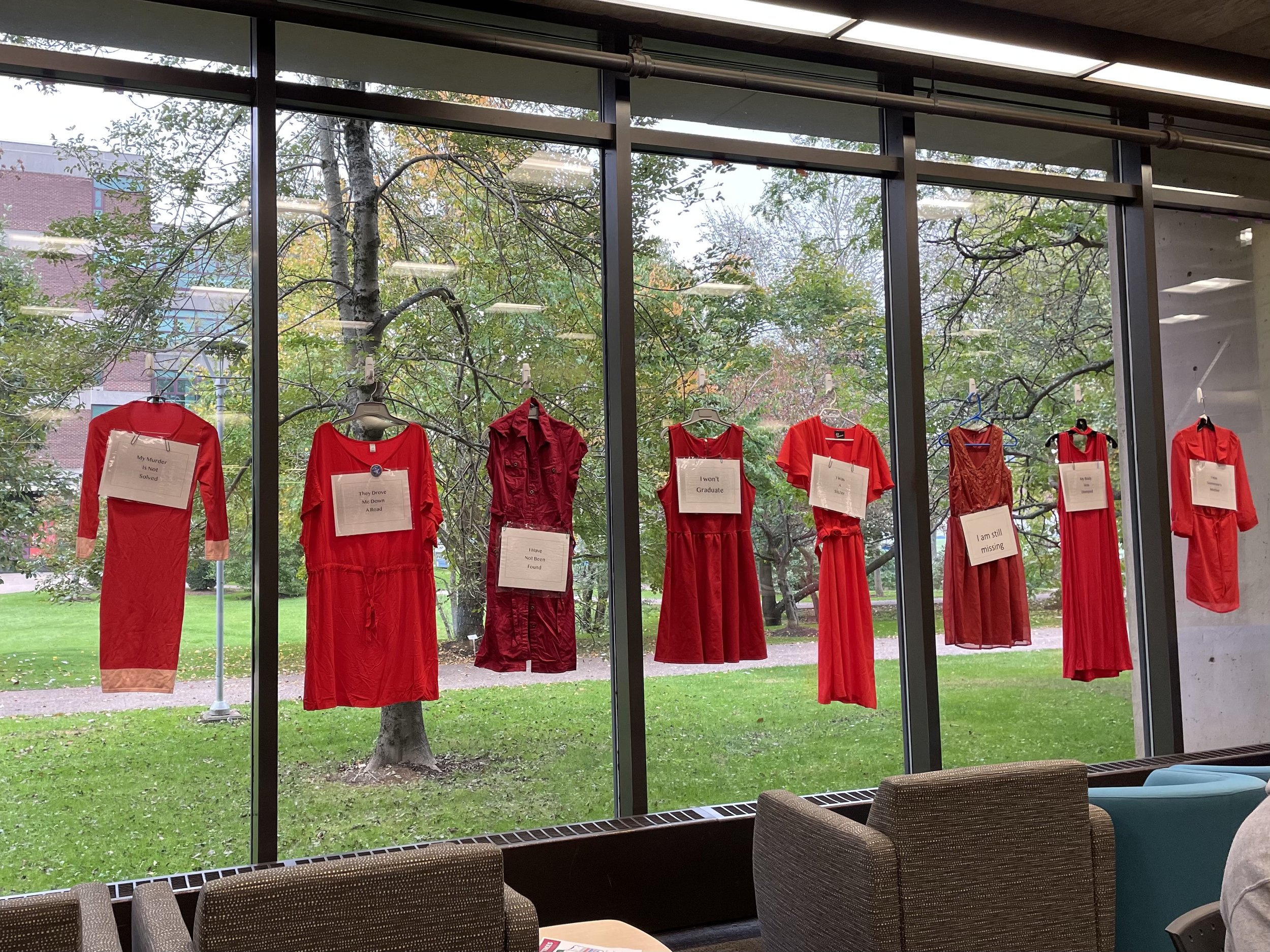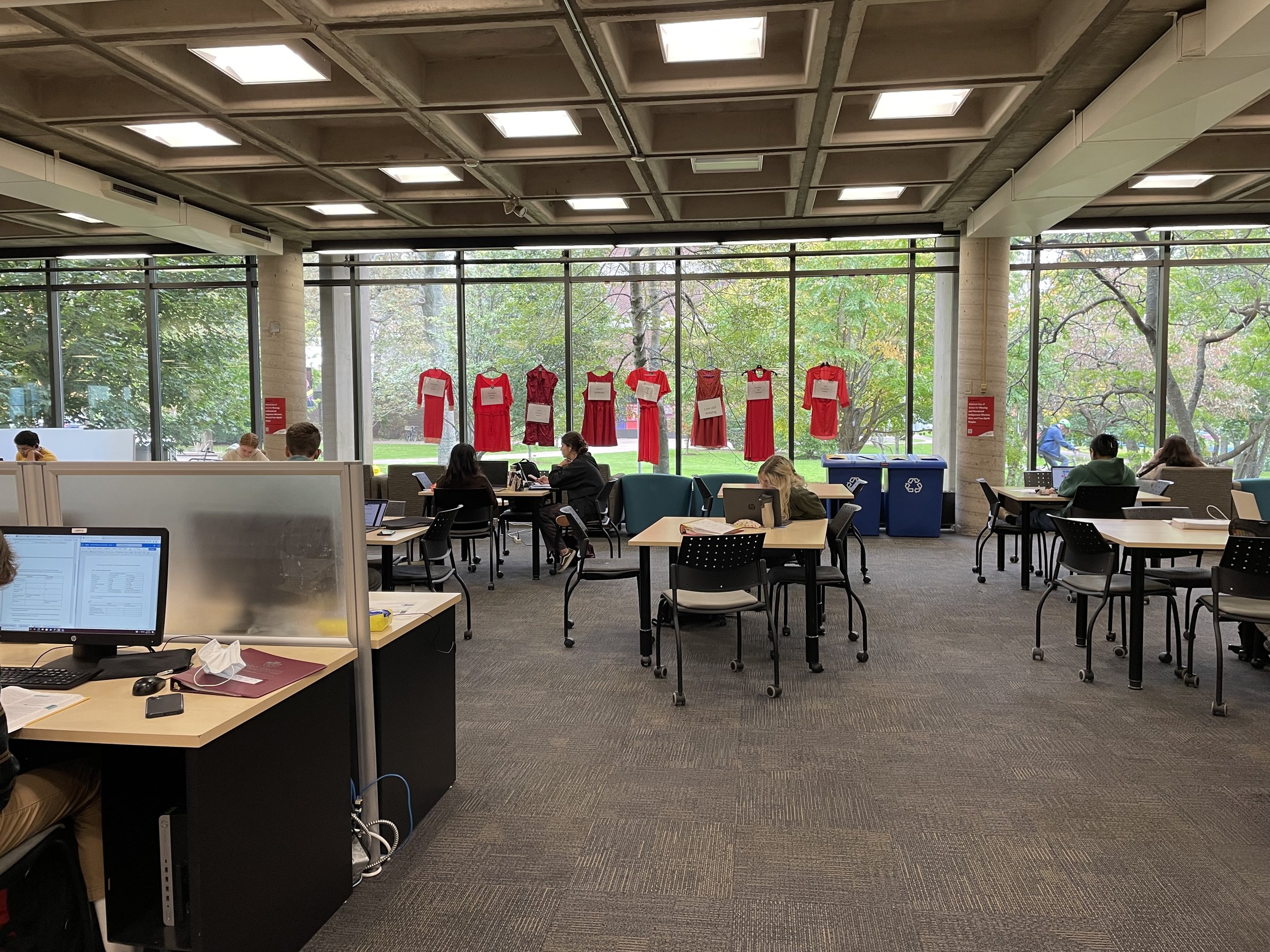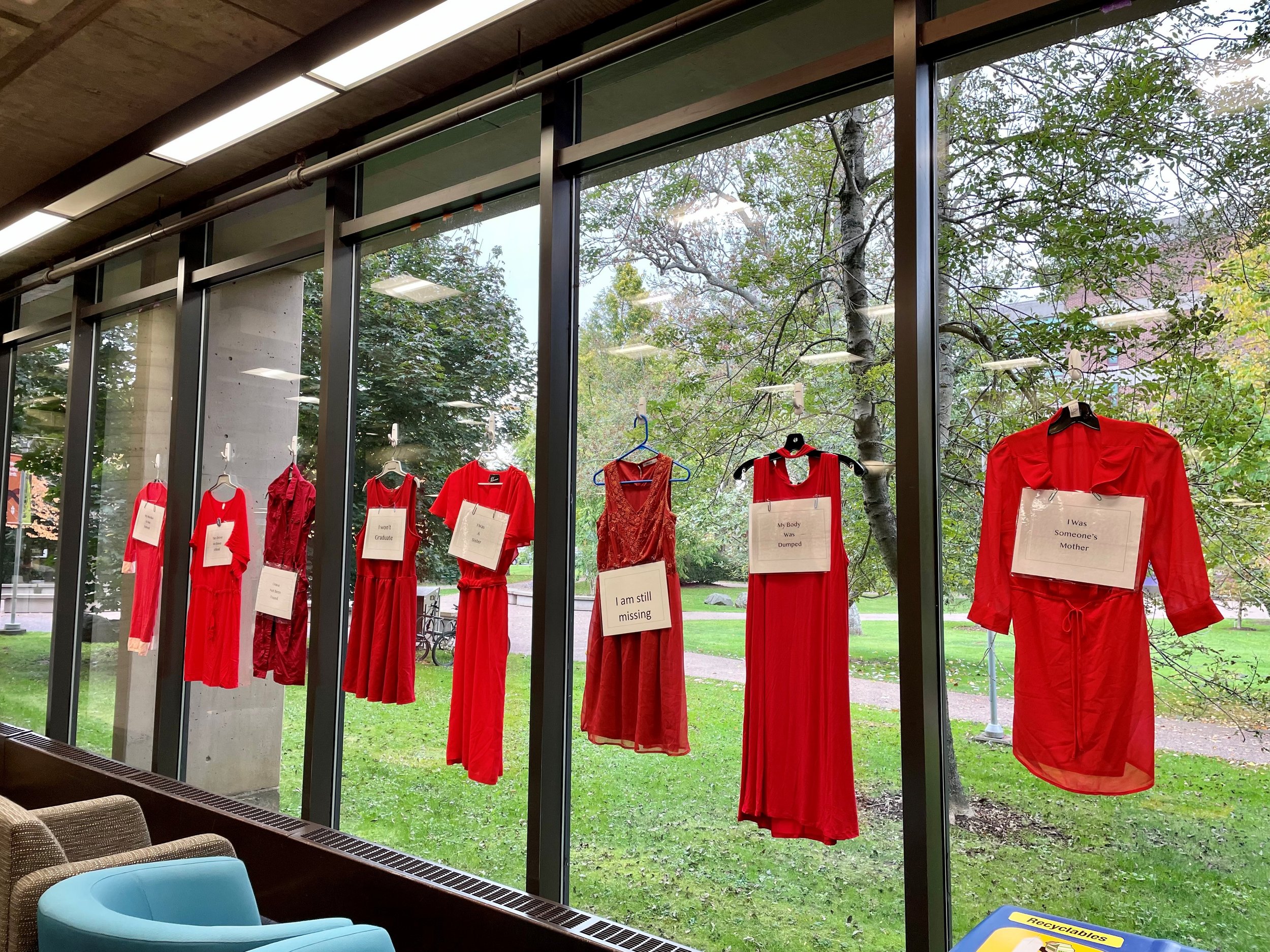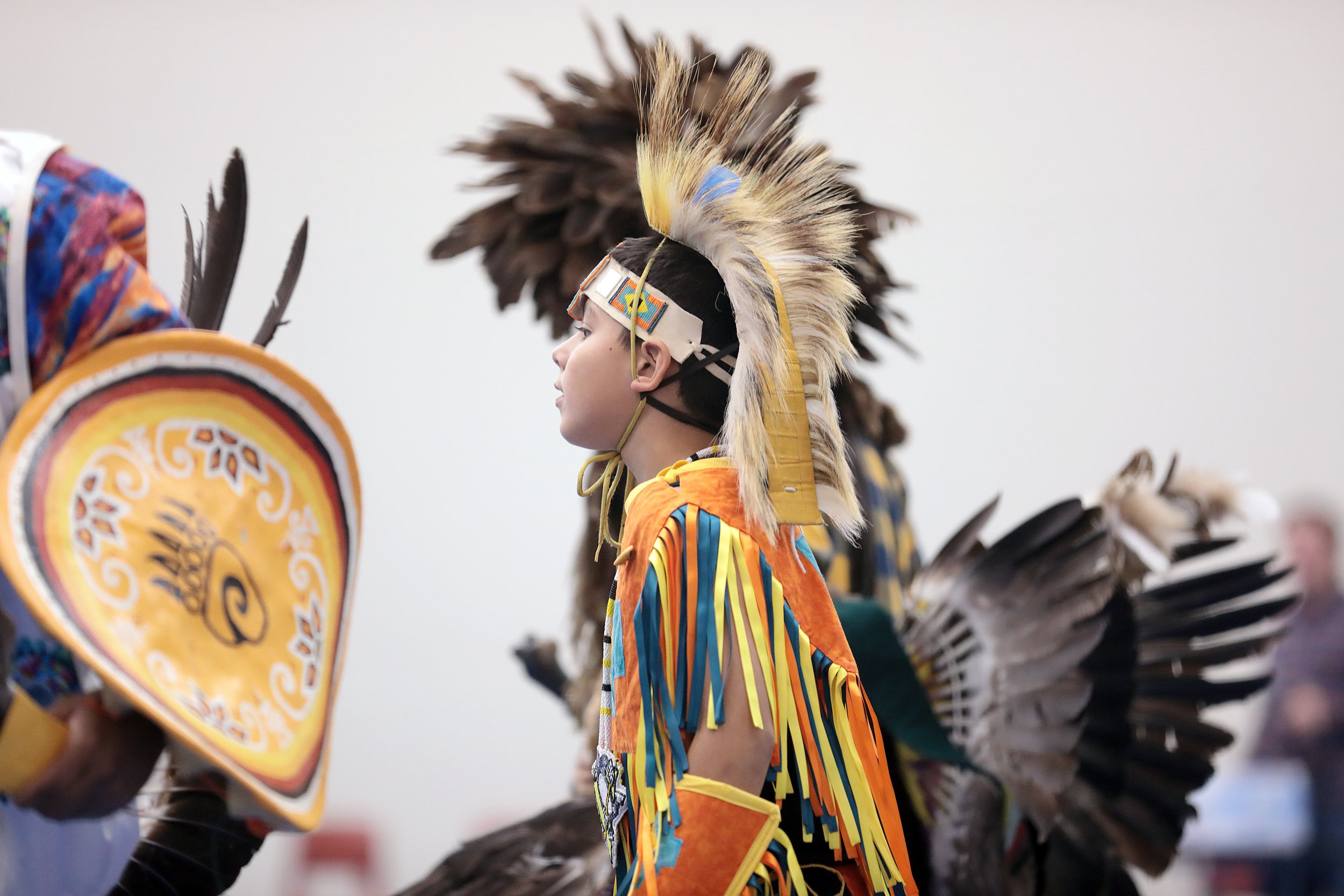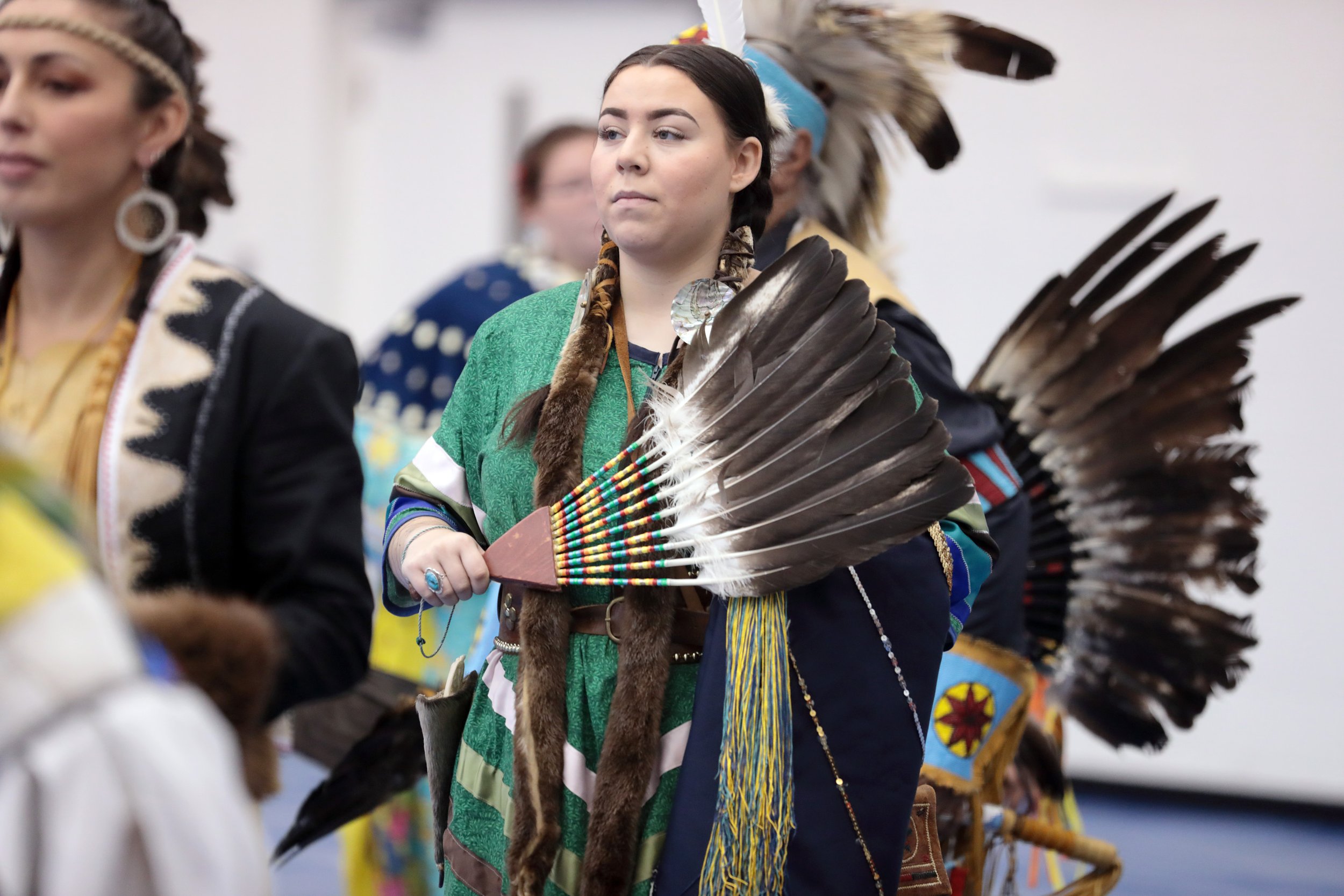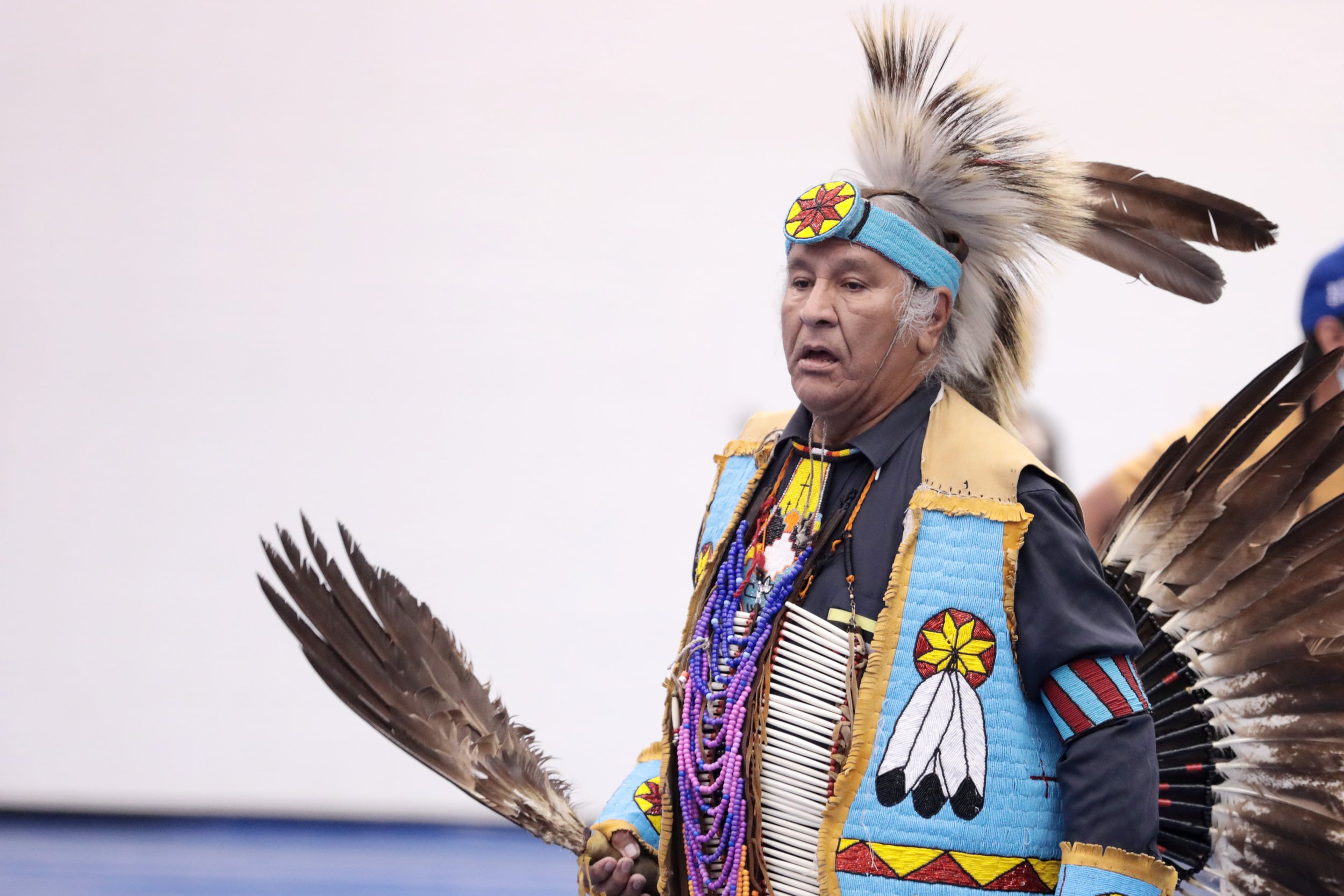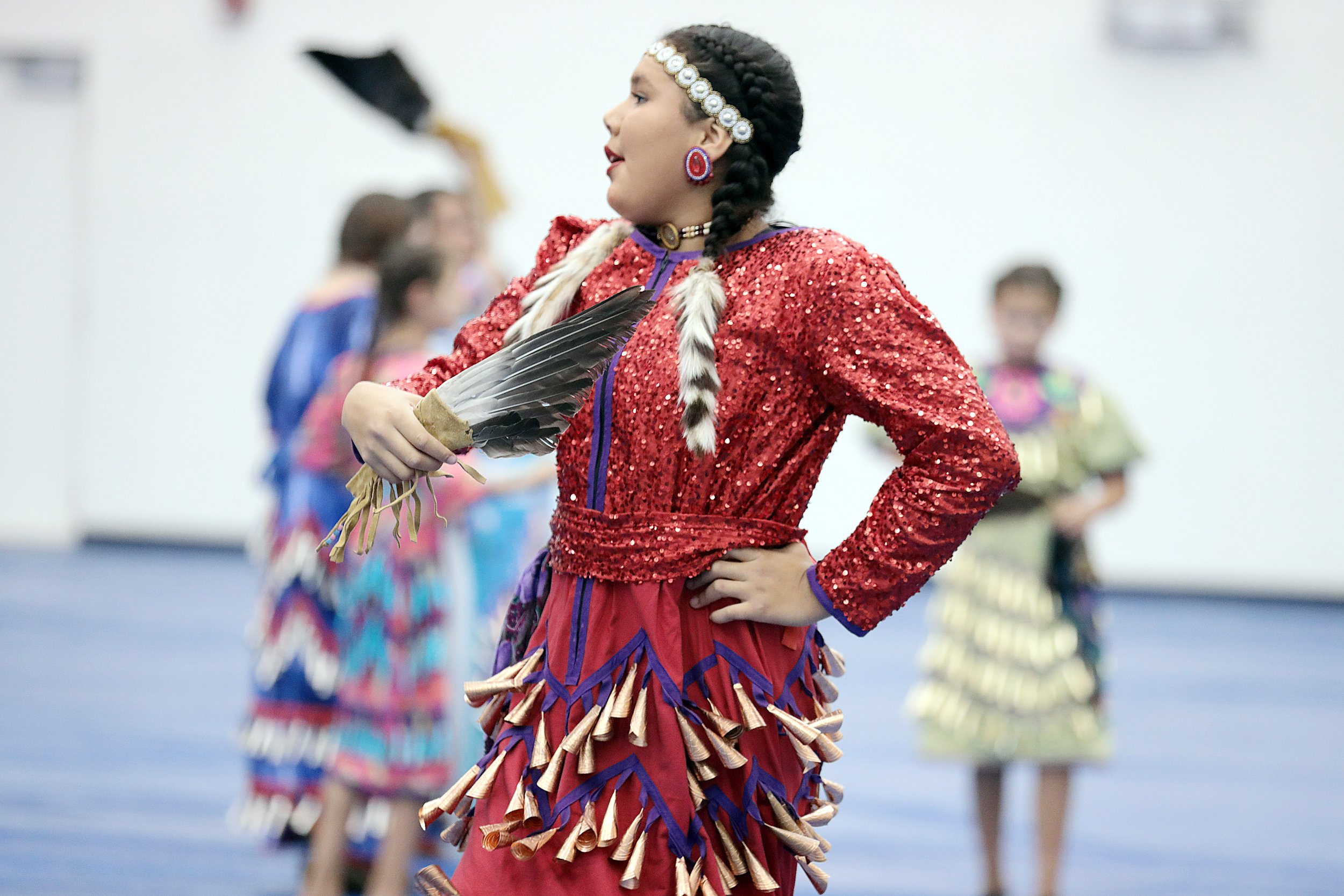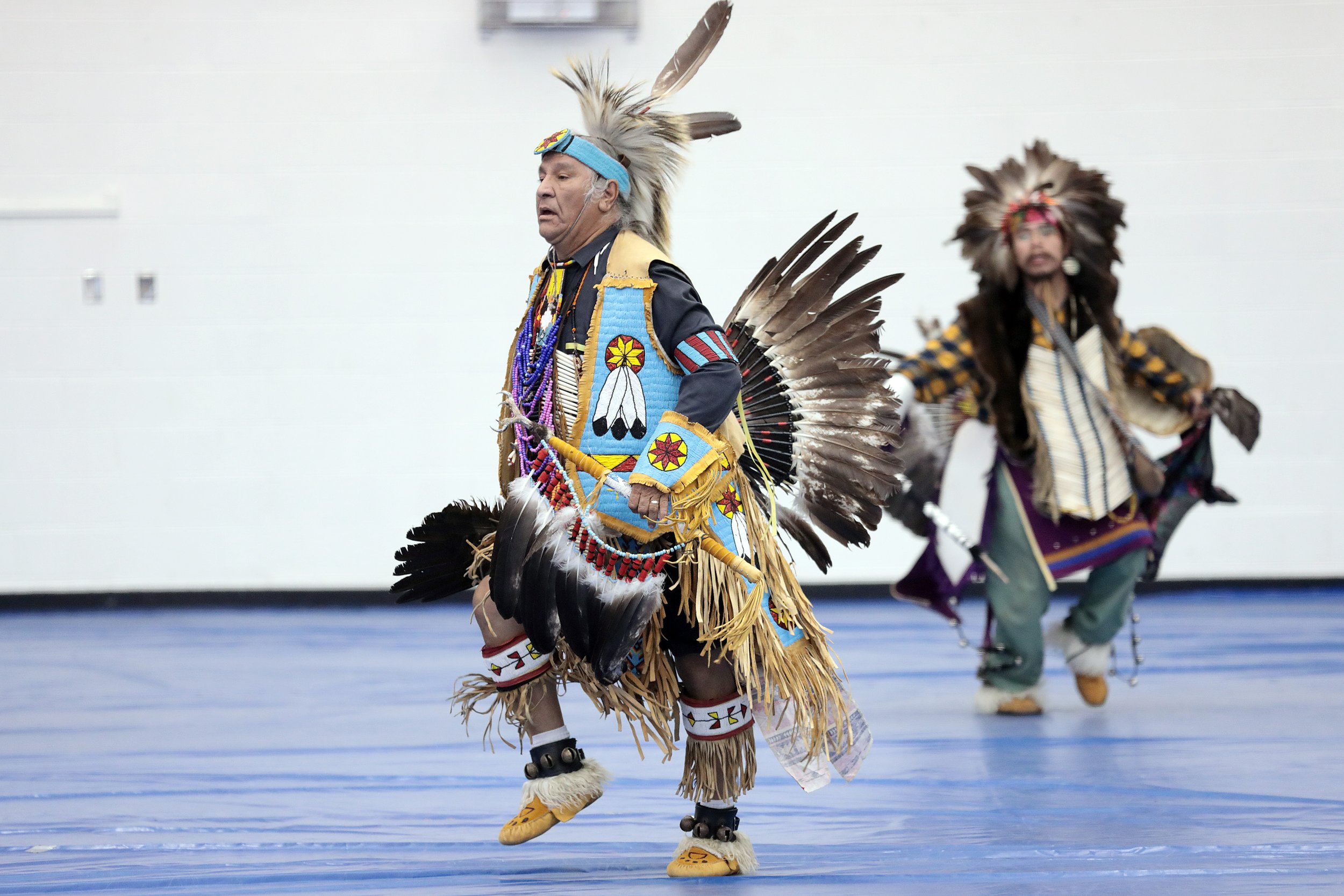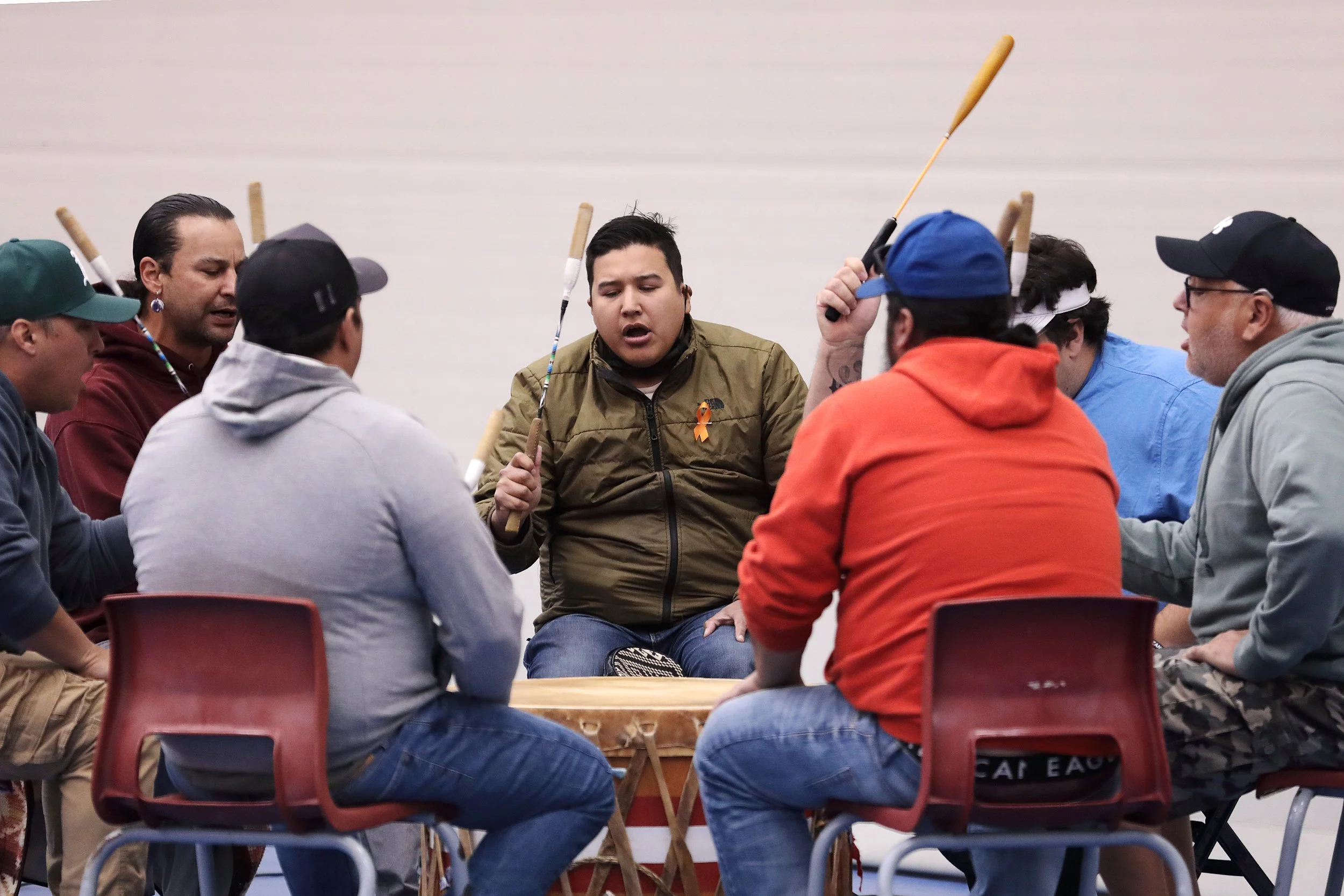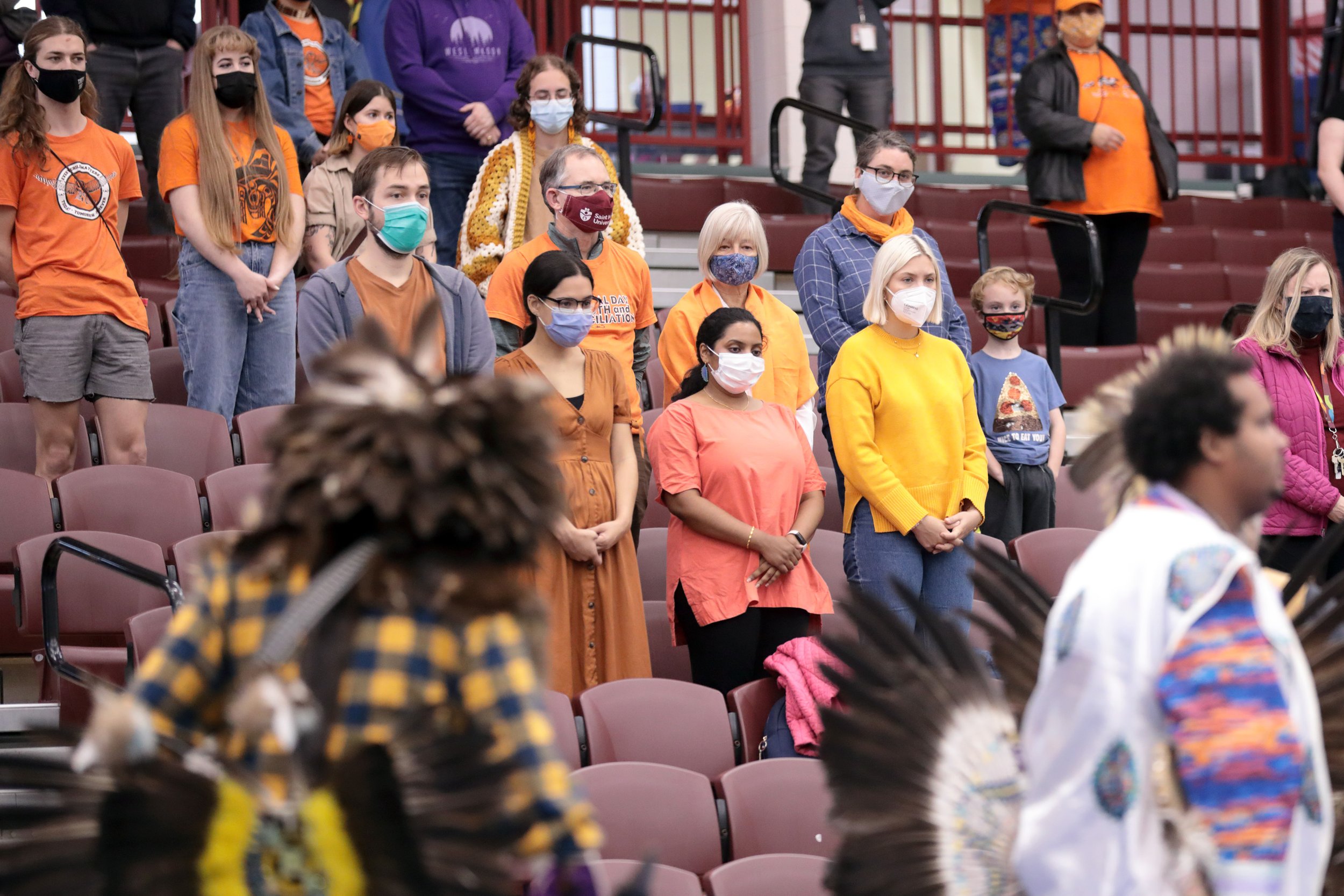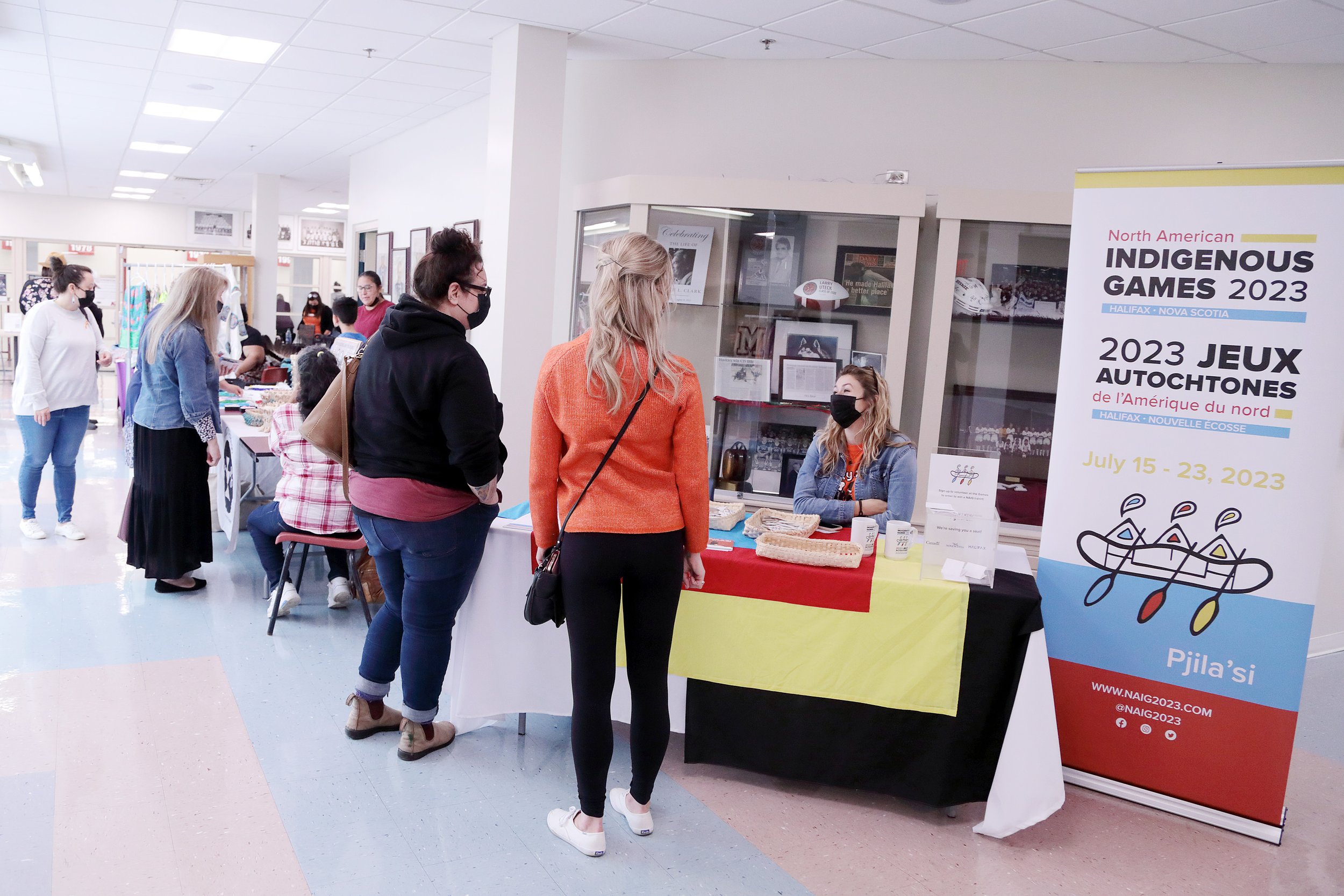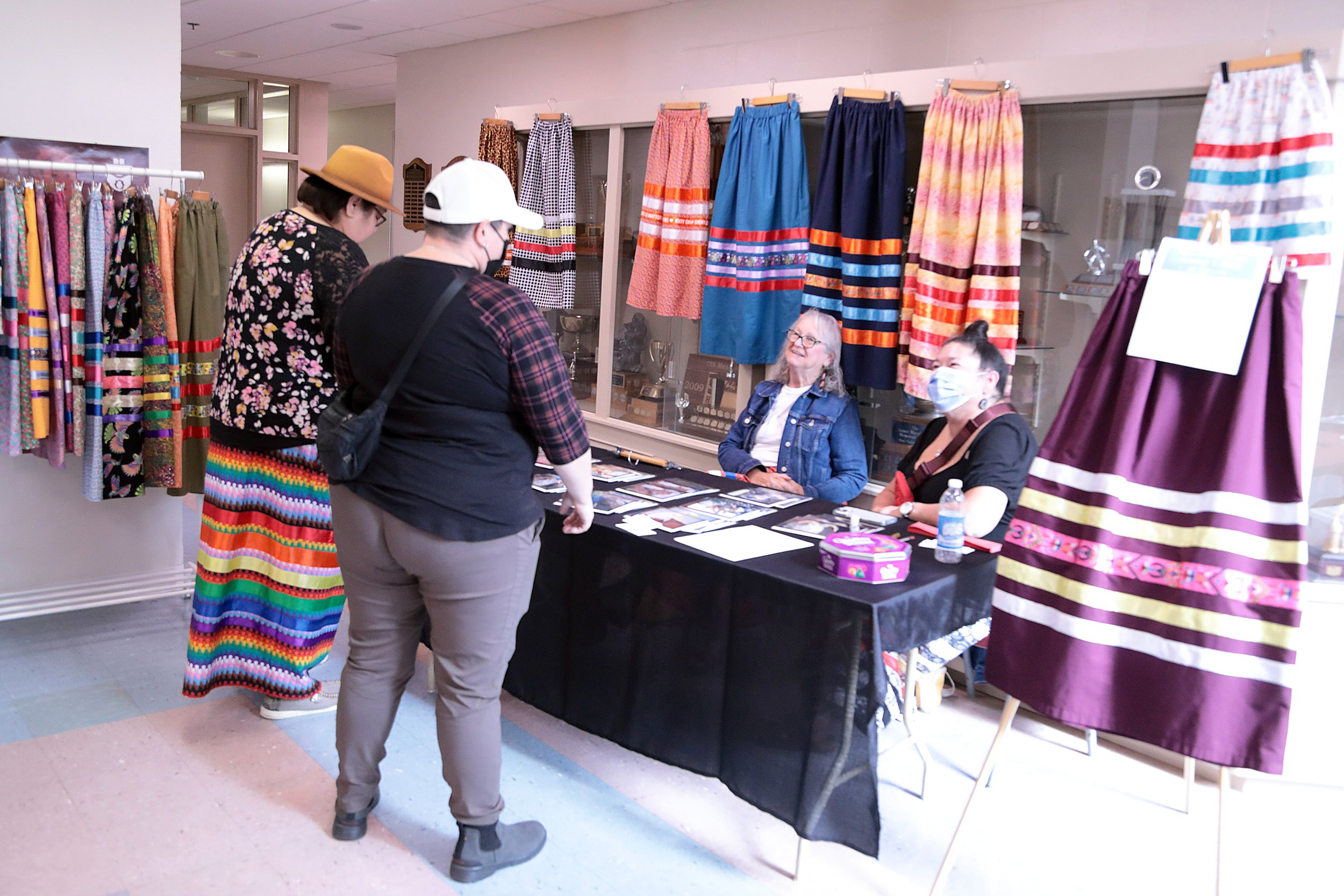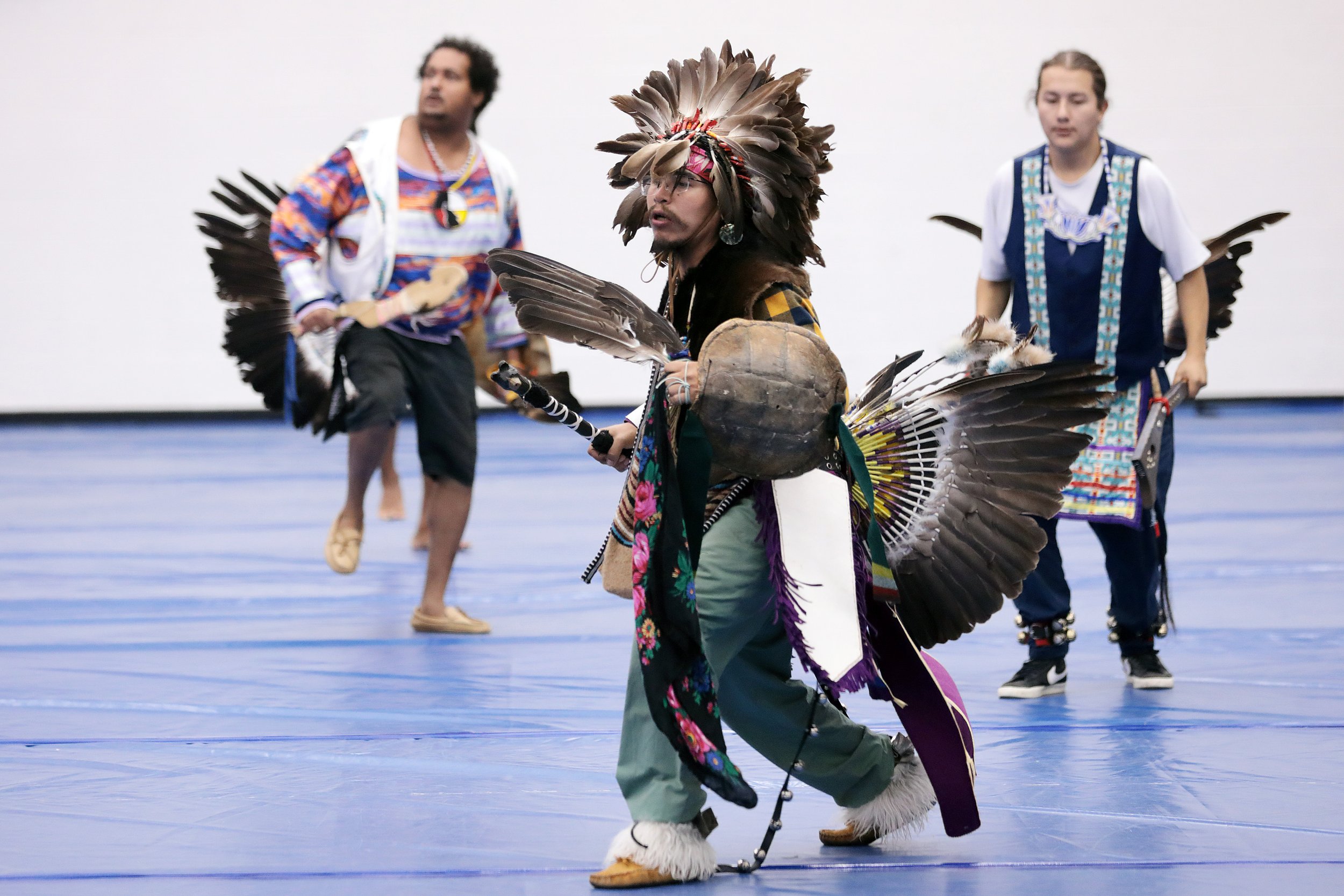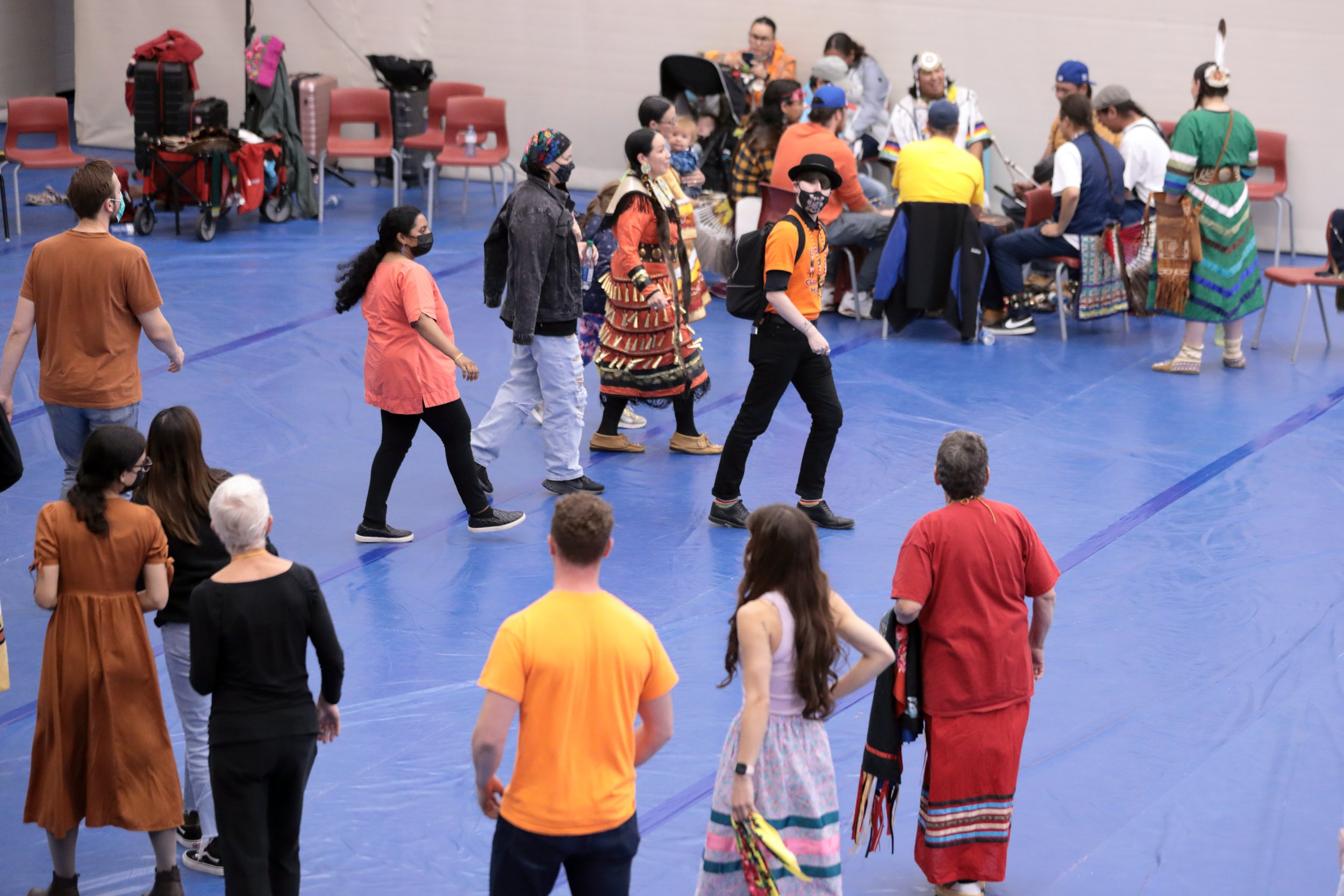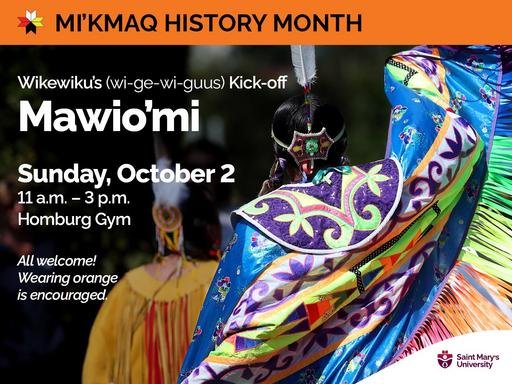Dr. Joshua Nichols
Questions of truth and reconciliation in law will be the focus of the 2023 Marshall Lecture in Public Philosophy, taking place September 28 at Saint Mary’s University.
Dr. Joshua Nichols of McGill University’s Faculty of Law will deliver this year’s lecture, titled “Undoing the Colonial Double-Bind: Interpretation and Justification in Aboriginal Law”. Dr. Nichols is Métis from Treaty 8 Territory in British Columbia. His research centers on the legacy of British Imperialism and the conflictual constitutional relationship between Canada and Indigenous peoples.
Nichols is the author of A Reconciliation without Recollection: An Investigation of the Foundations of Aboriginal Law in Canada (University of Toronto Press, 2020), which has been lauded as a “truly significant contribution” to the understanding of reconciliation today.
In the book, he "investigates the idea of reconciliation through a brilliant exploration of its use and misuse in Canadian legal discourse," says a review by Mark D. Walters, Dean and Professor of Law, Queen’s University. "In eloquent and powerful terms, he argues that genuine reconciliation demands that we remember our shared histories and see in law redemptive possibilities based on the kind of intercultural dialogue and respect that shaped treaty relationships in the past.”
In his lecture in Halifax/Kjipuktuk, Nichols will discuss the idea that Aboriginal law in Canada is caught in a colonial double-bind. On the one hand, the courts have acknowledged the pre-existing sovereignty of Indigenous peoples. On the other hand, the courts have accepted the sovereignty and legislative power of the Crown as against and over Indigenous peoples. By appealing to legal reasoning found within relevant case law, including the Quebec Court of Appeal’s recent reconsideration of Van der Peet in the C-92 Reference, Nichols aims to provide a way to deal with the double-bind using legal tools the courts already possess.
“The Marshall Lecture in Public Philosophy has been a great forum for bringing academics to campus to discuss topics of interest to the general public,” says Dr. Todd Calder, a faculty member in the Department of Philosophy and Chair of the Marshall Lecture Committee.
“We are particularly excited this year to have a speaker whose presentation is directly relevant to questions of truth and reconciliation, in the days just prior to the National Day for Truth and Reconciliation.”
The annual lecture series tackles complex contemporary questions through a philosophy lens. Last year, Dr. Hallie Liberto of the University of Maryland discussed “Three kinds of victim blame: and what is wrong with each?” Previous speakers have explored such topics as climate change ethics, the dilemmas of protecting religious freedoms, and the delegation of human decision-making to machines.
This free public lecture is presented by the Department of Philosophy, with support from The Rowland Marshall Public Philosophy Lecture Fund. It begins at 7 p.m. in the Scotiabank Conference Theatre in the Sobey School of Business, with a reception to follow. All are welcome to attend.










